|
When news of the novel coronavirus outbreak in Wuhan City emerged, the authorities responded by closing the “"wet market”“ that is believed to be the source of the disease. This level of quarantine is not unprecedented, but what happened next certainly is. The Chinese government quarantined entire cities, including restricting the movements of 50 million people in Hubei Province.
China has been praised for its swift response to the outbreak, but not everyone is impressed. Public health expert Vageesh Jain calls the radical measures an "illusion of intervention” – one that cannot be considered evidence-based best practice. In fact, he argues, it could hinder the functioning of healthcare and cause problems for disease control.
Long before people knew about the germs that transmit infectious disease, they tried to fend off illness by keeping those who were sick separate. The Bible’s Old Testament describes people with leprosy being isolated from the rest of the group, for example. Today scientists know the genetic sequence of the new coronavirus, researchers are working toward a vaccine, and medical teams are using modern techniques to treat those who are ill. Even so, isolating the sick can still be part of the strategy to stop the disease from spreading. Medical historian Leslie Leighton describes quarantine’s ancient roots and how its use has evolved through
time.
|
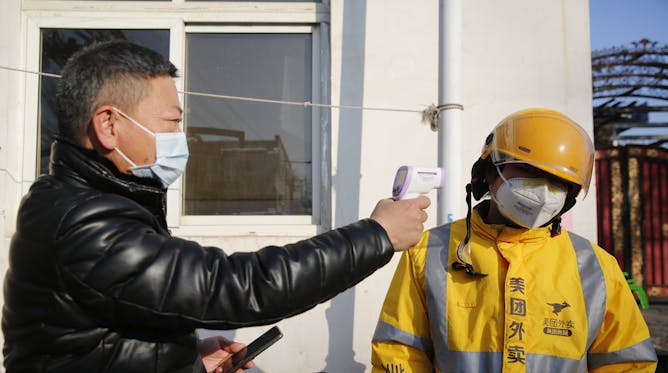
Wu Hong/EPA
Vageesh Jain, UCL
The novel coronavirus is officially a global health emergency. Other countries should not adopt China's approach to containing the disease.
|

Camp beds set up for travelers returning to Germany from China, who will be isolated for two weeks to make sure they don’t have coronavirus.
YANN SCHREIBER/AFP via Getty Images
Leslie S. Leighton, Georgia State University
Even before people understood how germs spread disease, they tried to isolate the sick to keep them from infecting others.
|
Politics + Society
|
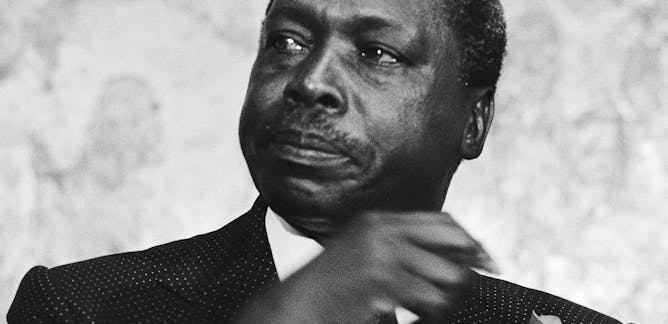
Gabrielle Lynch, University of Warwick
Moi’s financial generosity, skills in the vernacular, frequent tours of the countryside, and excellent memory for names and faces kept him popular with many.
| |
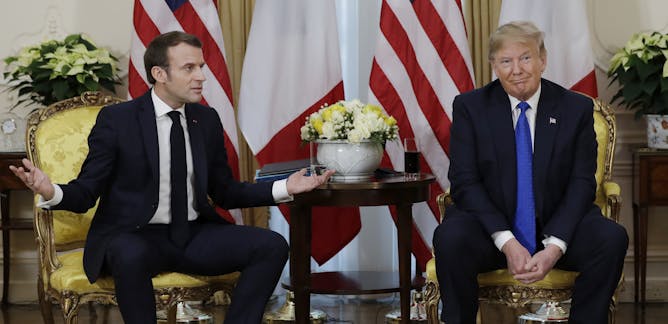
Ruth Mason, University of Virginia
France agreed to postpone implementing its law to tax US technology giants as negotiators from nearly 140 countries seek agreement on reforms to the international tax system.
|
|
|
Arts + Culture
|
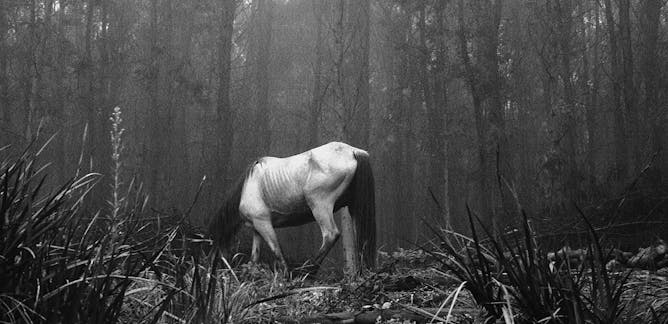
Patricia Hayes, University of the Western Cape
No South African photographer leaves a more substantial legacy than Santu Mofokeng. He was adept at mapping interior worlds through haunting images of black life and, above all, his landscapes.
| |
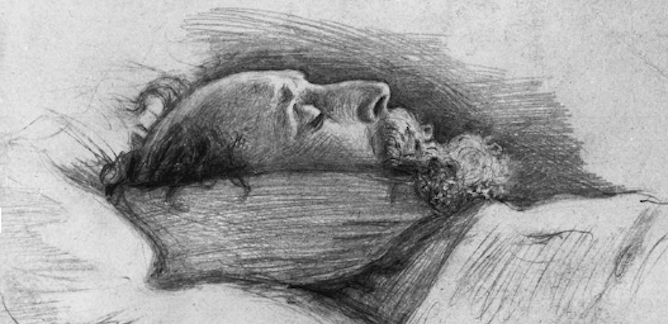
Leon Litvack, Queen's University Belfast
How two ambitious men put their own interests ahead of the great writer and his family in an act of institutionally-sanctioned bodysnatching.
|
|
|
Energy + Environment
|
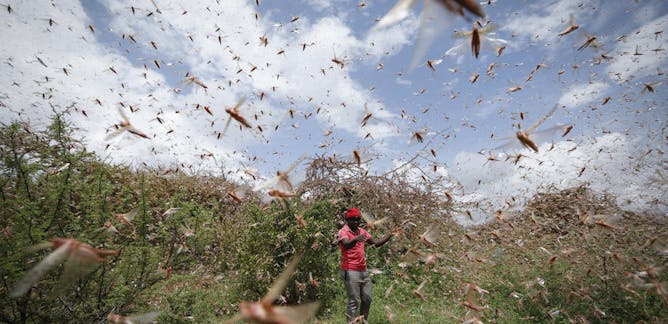
Cyril Piou, Cirad
The best way of dealing with desert locust, as other locust species, is to adopt a preventive management strategy.
| |
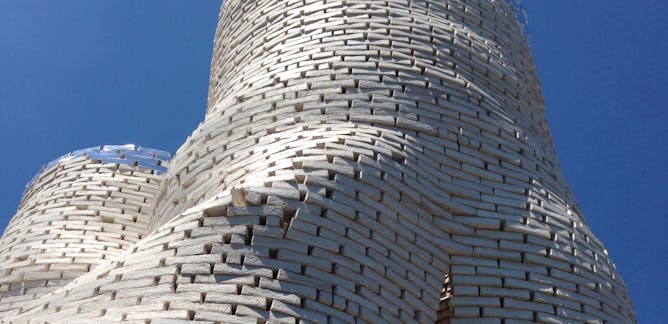
Ian Fletcher, Leeds Beckett University
Our climate is changing – and so must architecture.
|
|
|